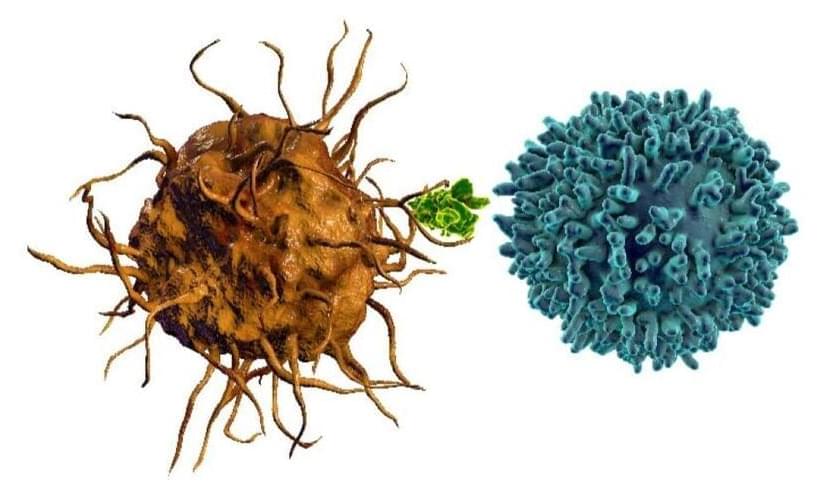Understanding how major histocompatibility complex class (MHC) molecules and peptides interact within the immune system is crucial for the advancement of biological sciences and medicine. A better understanding of how and when the immune system is activated can lead to treatments in diseases such as cancer or for the development of new vaccines.
MHC-peptide exchange technology attempts to replicate the immune response where peptide exchange occurs on an MHC molecule. The combination of the peptide sequence and the MHC molecule define the strength of the binding affinity resulting in a weak or strong interaction. In order for in vivo T cell epitope to be immunogenic, it must be able to bind a compatible MHC molecule and remain bound for long enough to be presented to and recognized by T cells to elicit an immune response. This shows that a strong binding affinity of MHC/peptide sequence in vitro may indicate potential strong immune interactions of antigen specific T cells in the desired model test sample. Ultimately obtaining this crucial peptide-MHC partnership, where binding affinity is the optimal amount, and the subsequent T cell reaction is sufficient for a therapeutic response, is difficult and cumbersome. There are many different technologies to explore MHC-peptide binding.
